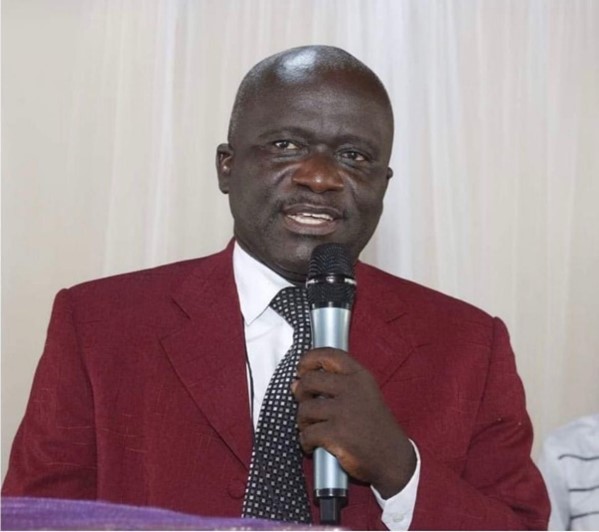Bishop Dr. Kortu K. Brown, former president of the Liberia Council of Churches (LCC), has issued a stark rebuke of Liberia’s current generation of leaders, characterizing them as “hateful and selfish” and highlighting their detrimental impact on the nation’s transformation. He argues that this pervasive negativity hinders progress and perpetuates a cycle of conflict and stagnation. This critique formed the cornerstone of his broader appeal for national reconciliation and a renewed focus on moral principles within Liberian society. Bishop Brown advocates for incorporating forgiveness education into the primary and secondary school curricula, emphasizing its crucial role in fostering peaceful coexistence and societal healing. His call to action stems from a deep concern for the future of Liberia, a nation grappling with the lingering wounds of a turbulent past.
Central to Bishop Brown’s message is the vital role of leadership in shaping the moral fabric of society. He draws a parallel to the biblical King Josiah, emphasizing the importance of righteous leadership as a catalyst for positive change. According to Bishop Brown, genuine reconciliation requires leaders to embody integrity, set positive examples, and act consistently with their responsibilities. He pointedly addressed the younger generation, stating, “It may be your generation that will change this country,” suggesting a transfer of hope and responsibility to those not yet entrenched in the current political landscape. He expressed particular concern over the ongoing strife within the House of Representatives regarding the election of a new Speaker, citing it as a blatant disregard for the rule of law and constitutional order, symptomatic of the deeper malaise afflicting Liberian leadership.
This call for reconciliation comes at a critical juncture in Liberia’s history. The nation is still grappling with the legacy of over 15 years of civil war, compounded by persistent challenges such as viral disease outbreaks, widespread hunger, and pervasive poverty. Bishop Brown’s message resonates deeply within this context, framing forgiveness not just as a moral imperative, but as a practical necessity for national healing and progress. The workshop, organized by the International Forgiveness Institute (IFI) in collaboration with the University of Wisconsin-Madison, served as a platform for this crucial message. The initiative underscores the urgent need to address the root causes of conflict and promote a culture of forgiveness as a pathway to lasting peace and stability.
The International Forgiveness Institute (IFI) emphasizes the tangible benefits of forgiveness, linking it to decreased levels of anger, anxiety, and depression, while simultaneously fostering hope for the future. The organization argues that integrating forgiveness education into the curriculum can create more peaceful communities by instilling in young minds the importance of reconciliation in both personal and societal contexts. The workshop, attended by students and teachers from 25 schools in rural Montserrado County, aimed to introduce these fundamental concepts of forgiveness education. Themed “The Place of Forgiveness Education in Renewing Communities and Promoting Reconciliation in Liberia,” the event highlighted the transformative power of education in shaping individual attitudes and societal values.
Bishop Brown, who also serves as the General Overseer of New Water in the Desert Assembly Apostolic Pentecostal International, delivered his powerful message at the Mother Tegeste Stewart Apostolic Pentecostal School in Brewerville, Montserrado County. His impassioned plea for reconciliation and moral renewal underscores the urgent need for a paradigm shift in Liberian society. He challenged the status quo, calling for a departure from the self-serving leadership that has plagued the nation and advocating for a future grounded in forgiveness, integrity, and a commitment to the common good.
The timing of this workshop and Bishop Brown’s message is particularly poignant given the current political climate in Liberia. The internal struggles within the House of Representatives, the ongoing challenges posed by poverty and disease, and the lingering scars of the past all underscore the critical need for a concerted effort towards national healing and reconciliation. The focus on education as a vehicle for change highlights the belief that lasting transformation must begin at the grassroots level, by instilling values of forgiveness and peaceful coexistence in the next generation of Liberian leaders. This initiative seeks to break the cycle of negativity and create a future where forgiveness and reconciliation pave the way for a more just and prosperous Liberia.


